
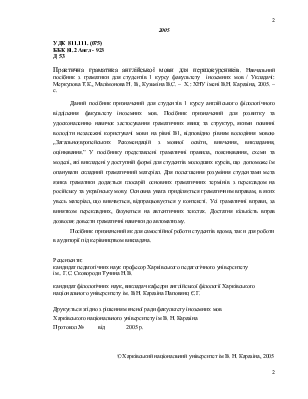
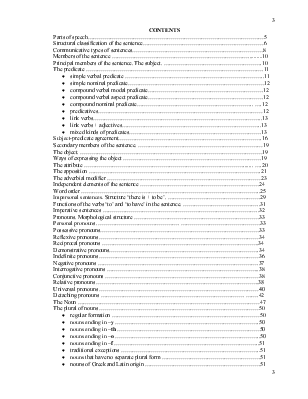
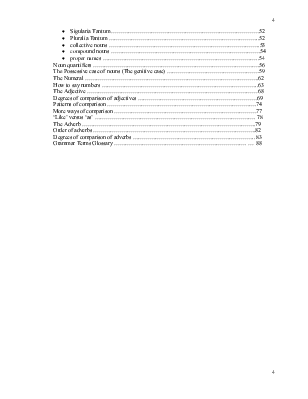
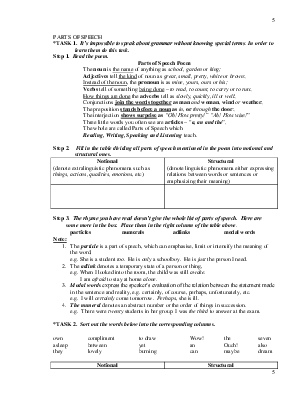
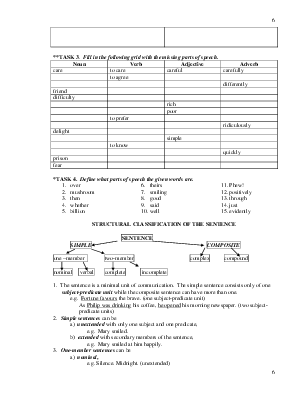
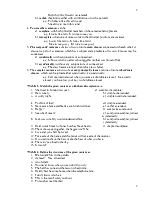
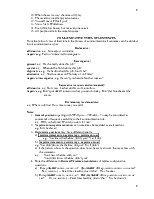
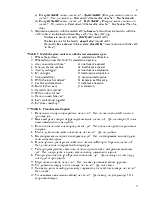
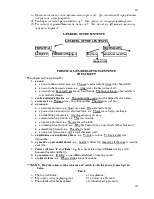
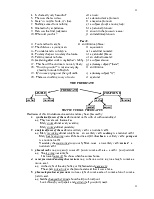
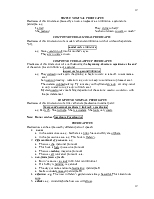
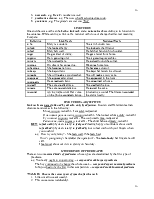
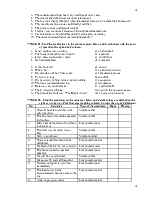
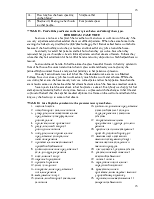
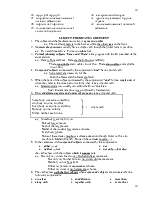
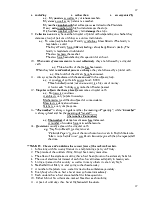
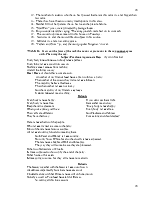
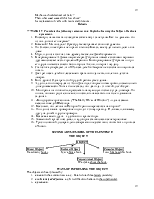
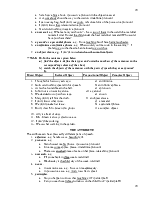
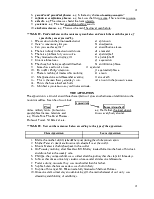
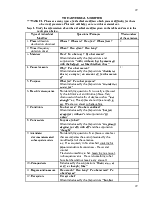
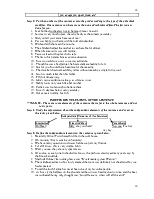
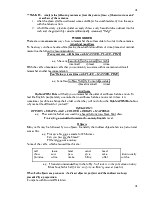
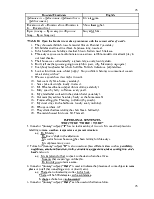
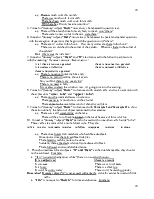
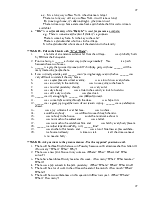
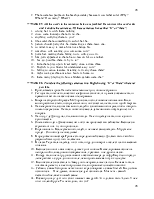
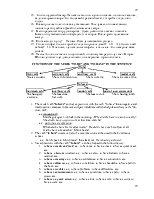
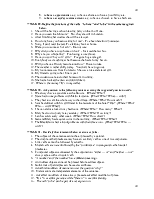
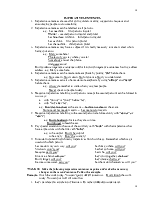
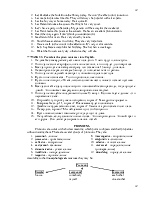
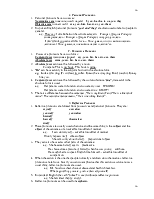
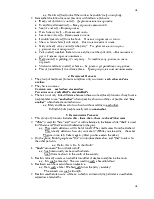
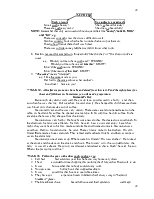
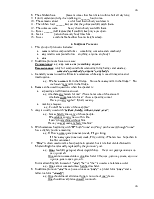
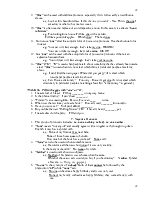
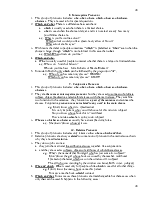
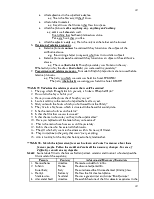
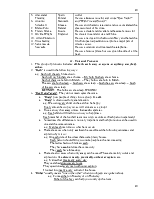
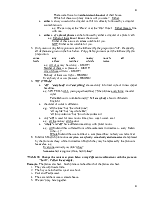
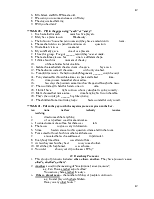
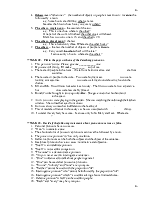
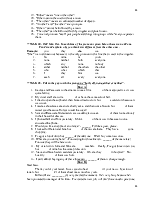
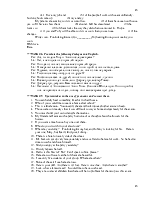
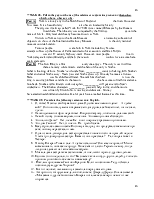
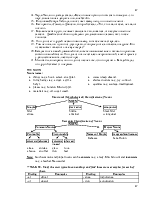
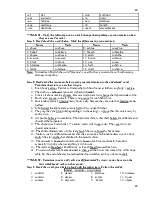
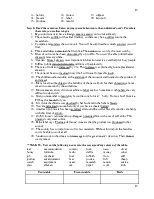
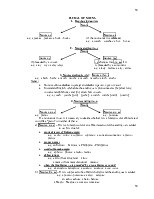
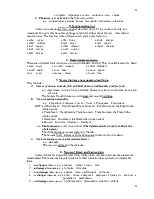
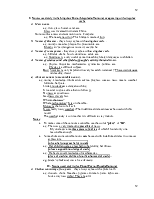
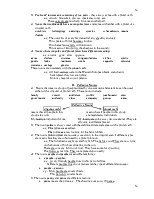
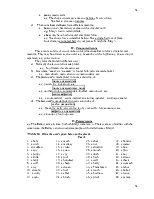
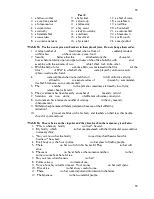
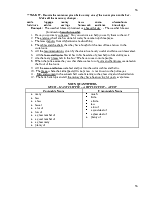
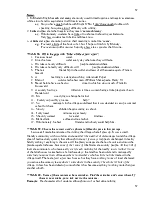
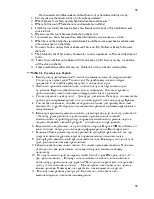
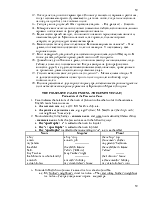
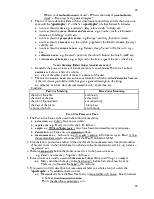
читал этот роман Хемингуэя, не так ли? – Нет, не читал, дай мне его, если он у тебя есть, хорошо?
MEMBERS OF THE SENTENCE
![]() MEMBERS OF THE SENTENCE
MEMBERS OF THE SENTENCE
![]()
![]()
![]() PRINCIPAL SECONDARY
PRINCIPAL SECONDARY
![]()
![]()
![]() SUBJECT PREDICATE object attribute adverbial modifier
SUBJECT PREDICATE object attribute adverbial modifier
apposition
PRINCIPAL MEMBERS OF THE SENTENCE
THE SUBJECT
The subject can be expressed by:
1. a noun
· a noun in the common case, e.g. The sea is calm tonight. Anna sings beautifully.
· a noun in the possessive case, e.g. Anna’s was the best voice of all.
· a noun group, Paul and Vera are my best friends. The blue of the sky showed that it was morning already.
2. a substantivized adjective, e.g. The old and the young must be helped by the society.
3. a numeral, e.g. Thirteen is my favourite number. The third was our bus.
4. a pronoun
· a personal pronoun, e.g. She is my sister. We were really happy.
· a possessive pronoun in its absolute form, e.g. Theirs was a happy marriage.
· an indefinite pronoun, e.g. Anyone can do it, it’s easy.
· a demonstrative pronoun, e.g. That was not true.
· a negative pronoun, e.g. No one knew the truth.
· an interrogative pronoun, e.g. Who has been sitting on my chair and has broken it?
· a detaching pronoun, e.g. The other is better.
· a universal pronoun, e.g. All is well that ends well.
5. an infinitive or an infinitive phrase, e.g. To live is to love. To forgive that was impossible.
6. a gerund or a gerundial phrase, e.g. Seeing is believing. Sleeping all the time is wasting your life.
7. dummy subjects ‘it’ and ‘there’, e.g. It is never late to learn. There is many a slip between the cup and the lip.
8. a quotation, e.g. ‘Daddy’ is one of Danielle Steel’s romantic novels.
9. a subject clause, e.g. What is done cannot be undone.
**TASK 9. Find the subject of the sentence and match it with the parts of speech given below.
Part 1.
1. The fog is thinning. a) an adjective;
2. My sister’s sons are playing now. b) a possessive pronoun;
3. The unbelievable has happened. c) an interrogative pronoun;
4. Is she really very beautiful? d) a noun;
5. That was the last straw. e) a demonstrative pronoun;
6. Kate’s is not this book, it’s that. f) a negative pronoun;
7. Nothing comes from nothing. g) a subject group/ a noun group;
8. One learns by experience. h) a personal pronoun;
9. Hers was the final judgment. i) a noun in the possessive case;
10. Who told you this? j) an indefinite pronoun.
Part 2.
11. Four and four is eight. k) an infinitive phrase;
12. The third was a young man. l) a quotation;
13. To understand is to forgive. m) a cardinal numeral;
14. To deny the past is to deny the future. n) a gerundial phrase;
15. Talking mends no holes. o) an ordinal numeral;
16. Gardening after work is my father’s hobby. p) a subject clause;
17. That he will be on time is not very likely. q) a dummy subject “there”;
18. “How do you do?” is not an everyday r) an infinitive
greeting in modern English.
19. It’s no use crying over the spilt milk. s) a dummy subject “it”;
20. There was nothing to say or to do. t) a gerund
THE PREDICATE
![]()
![]() PREDICATE
PREDICATE
![]()
![]()
![]()
![]() SIMPLE COMPOUND
SIMPLE COMPOUND
![]()
![]() verbal nominal verbal nominal
verbal nominal verbal nominal
modal aspect
Simple verbal predicates
Predicates of this kind denote one action and may be expressed by:
e.g. They never cook themselves
Mary cooks dinner every evening.
Mary cooked dinner yesterday.
e.g. Mary is cooking dinner tonight. (is – an auxiliary verb; cooking is a notional verb)
Mary has been going out with Jake since April. (has been –auxiliary verbs; going out is a notional verb)
Yesterday she was invited to go out by Nick. (was – an auxiliary verb; invited – a notional verb)
e.g. She is going out tonight.
Jim never takes off his shoes when he comes home.
e.g. At the sight of the dog Sofia got frightened and gave a cry.
The expert took a look at the picture and said that it was a fake.
e.g. Bertha changed her mind about the trip to Liverpool.
Look through your papers and get rid of all you don’t need.
Simple nominal predicates
Predicates of this kind are expressed by a noun, an adjective, an infinitive, a gerund or a participle, e.g.
I, a liar!
She, jealous!
They, trying to help?
Such an old man, to walk so much?
Compound verbal modal predicates
Predicates of this kind consist of a modal verb and an infinitive (with or without the particle “to”),
modal verb + infinitive
e.g. Dave couldn’t look into his mother’s eyes.
They are to come at noon.
Compound verbal aspect predicates
Predicates of this kind consist of a verb denoting the beginning, duration, repetition or the end of the action plus an infinitive or a gerund,
aspect verb + gerund/infinitive
e.g. They started to talk again. (beginning: to begin; to start; to take off, to commence, etc.)
Len went on reading. (duration: to go on; to keep; to continue; to proceed, etc.).
The students stopped talking. Try to make your boyfriend give up smoking. (end: to stop; to end; to to give up; to finish, etc.)
My dad used to take me fishing.(repetition of the actions: used to, would to - with the past reference)
Compound nominal predicates
Predicates of this kind consist of a link verb and a predicative (nominal part);
e.g. Pat is 25. She is single. She is a student. She looks very smart.
Note: Do not confuse! predicate # predicative
PREDICATIVES
Predicatives can be expressed by different parts of speech:
· in the common case, e.g. Barbara is a pilot. Steve and Lily are orphans.
· in the possessive case, e.g. This book is Helen’s.
· That was she. (personal pronoun)
· This book is hers. (possessive pronoun)
· That was nothing. (negative pronoun)
· That was all. (universal pronoun) , etc.
· Boris’s aim was to study in Oxford. (an infinitive)
· His hobby is painting. (a gerund)
· The day got more and more fascinating. (participle I)
· Bella sounded amused. (participle II)
LINK VERBS
One and the same verb can be both a link verb and a notional verb according to its function in the sentence. While serving as link verbs, notional verbs lose or change their lexical meaning.
Compare:
|
Infinitive |
Link Verb |
Notional Verb |
to be |
Mary is a student. |
She is in London now. |
|
to look |
She looked happy. |
She looked at her friend. |
|
to feel |
Mary felt well. |
He felt her hand on his shoulder. |
|
to get |
He got tired of sitting. |
He got a letter from home. |
|
to grow |
He is growing old. |
She is growing vegetables. |
|
to turn |
She turned pale. |
He turned round the corner. |
|
to come |
His dream has come true. |
We come home late. |
|
to become |
She became nervous. |
He became a doctor. |
|
to keep |
She kept silent. |
She kept her letters in a drawer. |
|
to make |
She will make a good teacher. |
She will make a tasty cake. |
|
to appear |
She appeared excited. |
She appeared in the room. |
|
to remain |
He remained silent. |
She remained at home. |
|
to smell |
The cake smelled nice. |
She smelled the rose. |
|
to taste |
The cake tasted delicious. |
He tasted the cake. |
|
to sound |
(giving impression) Her voice on the phone sounded strange. |
(producing a sound) The fireman sounded the alarm loudly. |
LINK VERBS + ADJECTIVES
Link verbs are never followed by adverbs, only by adjectives. Russian and Ukrainian learners often make mistakes in the following:
Мне холодно. (adverb) - I am cold. (adjective)
Она посмотрела на него холодно.(adverb) - She looked at him coldly. (adverb)
Cyп пахнет хорошо. (adverb) - The soup smells nice. (adjective)
Ребенок вел себя хорошо. (adverb) - The child behaved nicely. (adverb)
BUT: to feel well (physical state) ≠ to feel good (feeling happy or confident about smth)
to feel bad (physical state) ≠ to feel badly (not to feel smth with your fingers when you touch it)
e.g. How is your granny? - She feels well./ She feels bad.
How’s your granny’s hand after the operation? - She feels badly; her finger are still stiff.
I feel good about our visit to granny on Saturday.
MIXED KINDS OF PREDICATES
There exist some mixed kinds of predicates whose types are determined by the first type of predicate,
e.g. You really ought to stop smoking. = compound modal aspect predicate
The boy continued to be happy the whole week. = compound aspect nominal predicate
John just had to be the first in that competition. = compound modal nominal predicate
*TASK 10. Choose the correct part of speech after the verb.
**TASK 11. Find the predicatives in the sentence given below and match them with the parts of speech in the right-hand column.
**TASK 12. Find the predicates in the sentences below and decide if they are defined in the right or wrong way. Tick the corresponding column. Correct the wrong definitions.
|
No. |
Sentence |
Type of the predicate |
Right |
Wrong |
|
1 |
She will be able to do this work only tomorrow. |
Simple verbal |
||
|
2. |
The frog leapt off and disappeared in the grass. |
Simple verbal |
||
|
3 |
Mary kept doing her work without looking at us. |
Compound aspect |
||
|
4 |
The fault was not mine, it was hers. |
Simple verbal |
||
|
5 |
Sally, a governess! |
Simple nominal |
||
|
6 |
She was taught German in her childhood. |
Compound nominal |
||
|
7 |
He had to bite his lip, not to laugh. |
Compound modal |
||
|
8 |
The house looked sweet and cheerful. |
Compound aspect |
||
|
9 |
He will be a good painter. |
Simple verbal |
||
|
10 |
Grace was 65 and still beautiful. |
Compound nominal |
||
|
11 |
Should you report to your boss immediately? |
Compound aspect |
||
|
12 |
The theatre was being reconstructed when we came to the city. |
Compound nominal |
||
|
13 |
Anna’s eyes grew moist. |
Compound nominal |
||
|
14. |
How long has she been speaking on the phone? |
Simple verbal |
||
|
15 |
She doesn’t like to give her books to other people. |
Compound aspect |
**TASK 13. Find all the predicates in the text given below and identify their types.
Jean was a nurse at a hospital. She loved her work and was at work most of the day. She was very experienced and looked after the most difficult patients. When she came home in the evening she looked very tired but she didn’t feel unhappy
Уважаемый посетитель!
Чтобы распечатать файл, скачайте его (в формате Word).
Ссылка на скачивание - внизу страницы.